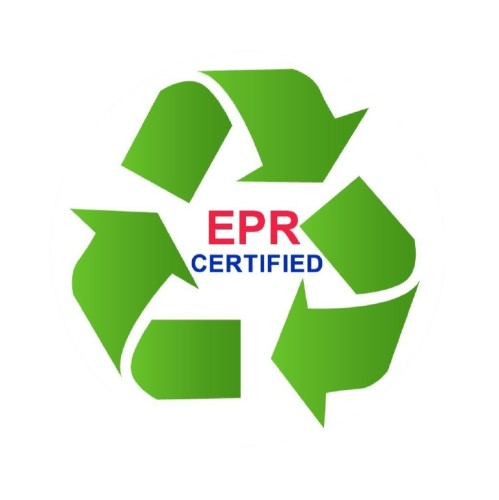EPR Registration
Extended Producer Responsibility (EPR) for e-waste means the responsibility of any producer of electrical or electronic equipment, for channelization of e-waste to ensure environmentally sound management of such waste. Extended Producer Responsibility (EPR) may comprise implementing take back system or setting up of collection centers or both and having agreed arrangements with authorized dismantlers or recyclers either individually or collectively through a Producer Responsibility organization recognized by producer or producers in their EPR authorization to replace content.
 E-waste EPR Rules
E-waste EPR Rules
Ensuring that your business is in compliance with the upcoming e-Waste EPR Rules (2022) is not just a legal requirement, it’s also essential for the growth and prosperity of your enterprise. Ignoring these regulations could result in serious consequences, but with the right compliance management strategy in place, your business can thrive sustainably while contributing to a cleaner and healthier environment.
- As a producer of EEE, it is your responsibility to ensure that e-waste is channeled through an Authorized Recycler via an effective EPR system.
- All producers, manufacturers, bulk consumers, and importers are required to obtain EPR authorization, making it a mandatory process.
- Non-compliance with these rules will attract heavy fines and criminal action against the brand producers. In Fact, there can be a ban on the production of products.
 EPR for E-waste
EPR for E-waste
Extended Producer Responsibility (EPR) is a crucial aspect of waste management that aims to ensure the responsible disposing of electronic devices that are no longer useful to consumers. It involves the implementation of a reverse collection mechanism and recycling of post-consumer waste to develop an efficient eWaste disposal solution for the disposal of end-of-life products.
According to the e-Waste Management Rule 2016 and Amendment Rule 2018, manufacturers, producers, importers, and bulk consumers of electrical and electronic equipment have yearly targets to fulfill their EPR obligations. In order to obtain EPR authorization from the Central Pollution Control Board, companies must present an EPR plan that outlines how they plan to collect and recycle complying with EPR and their end-of-life products to achieve their yearly targets.
To streamline the implementation process of EPR, the Ministry of Environment, Forest and Climate Change, Government of India, has developed guidelines on Extended Producer Responsibility for Electronic and Electric Waste, which were included in the Third Amendment to the e-waste Management Rules in November 2022 to enhance e waste recycling solutions. As per these guidelines, manufacturers, producers, importers, and bulk consumers must register through an online centralized portal developed by the Central Pollution Control Board to improve accountability, traceability, and transparency of EPR obligations fulfillment.
Overall, EPR represents a crucial aspect of waste management, top e-waste recycling listed companies in india in the electrical and electronic equipment industry must take it seriously to ensure sustainable business practices and protect the environment.



